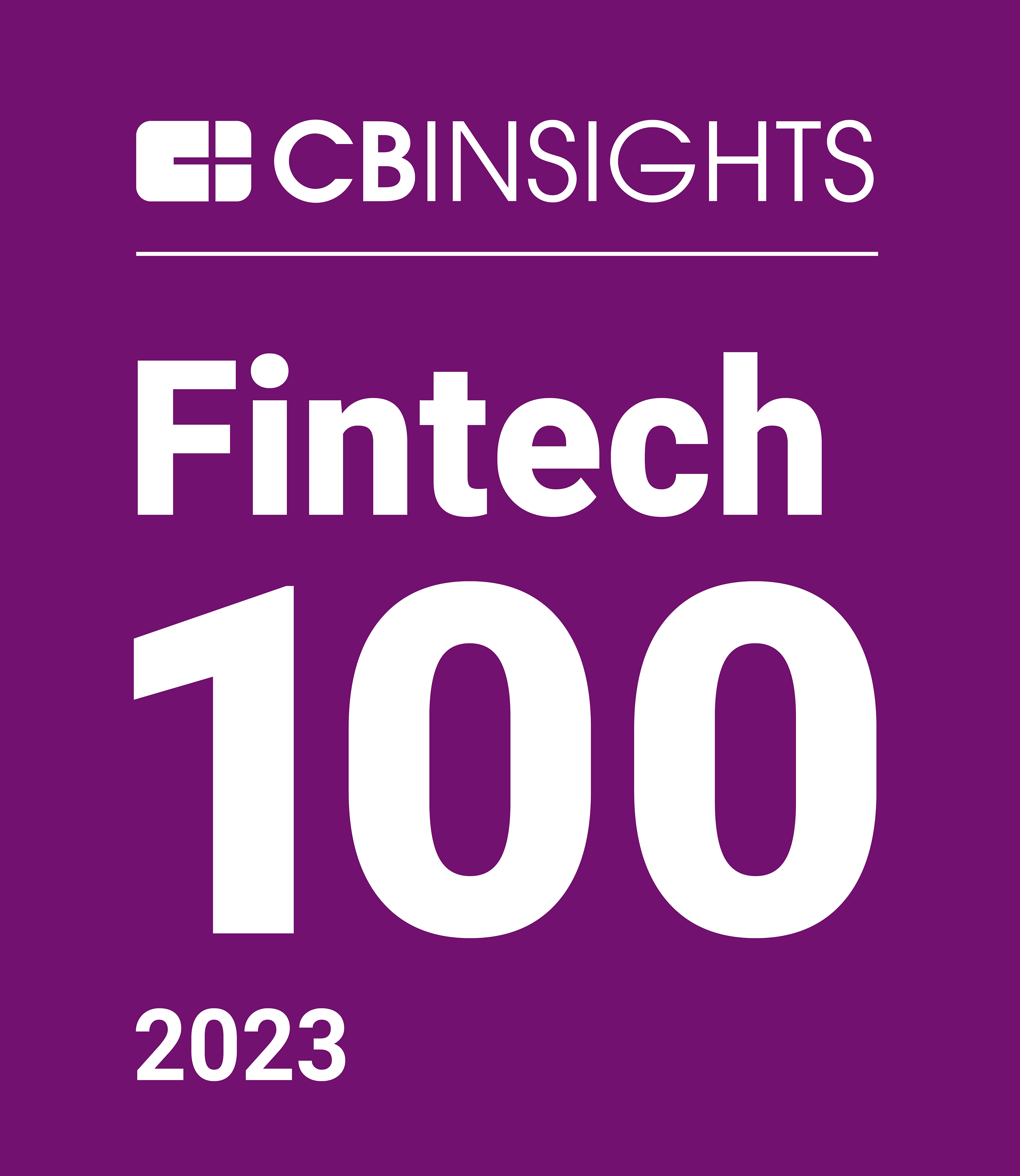Exploring the Future of Open Banking at the EY Payments Forum: Key Takeaways
Last month, a panel of industry experts gathered at the EY Payments Forum in London to explore the current state and future potential of open banking. Hosted by Alla Gancz at EY’s headquarters, the event featured prominent voices from the financial and fintech sectors, including Banked’s very own Maya Kumar, Chief Revenue Officer.
Meet the Panellists: Industry Leaders Shaping Open Banking
Maya’s panel featured a diverse and esteemed lineup of influential figures:
Marie Walker, Open Futurist at Raidiam, known for her deep expertise in Open Finance strategy and implementation.
Jack Wilson, VP of Policy and Research at TrueLayer, who provided a policy-driven perspective on regulatory shifts.
Leon Ifayemi, Director at CFIT (Centre for Finance, Innovation, and Technology), focused on catalysing growth and innovation in the UK’s fintech sector.
Nicole Green, API Products, Strategy, Operations, and Policy Lead at Yapily, who spoke extensively about navigating the complex regulatory landscape.
Phoebe Zhou, European Head of Emerging Payments at HSBC, who shared her vision for expanding open banking solutions into offline and global markets.
The discussion was moderated by Thomas Bull, Partner and UK FinTech Growth Leader at EY, who guided the panel through an engaging conversation on regulation, innovation, and the global future of open banking.
Key Takeaways from the EY Payments Forum
1. Regulation as a Catalyst and Barrier
The panel emphasised the crucial role of regulation in shaping the future of open banking, noting that while regulation can drive innovation, misalignment across regions can hinder progress.
Nicole Green (Yapily) observed: “We’re in the middle of a paradigm shift… as an ecosystem, we need to figure out how to bring forth new propositions to drive innovation and growth.” This theme of navigating a “no man’s-land” in regulatory developments was a focal point of the discussion.
2. The Potential of Variable Recurring Payments (VRP):
VRP emerged as a key topic, with panellists agreeing that it holds significant promise for enhancing customer control and transparency compared to traditional direct debit methods.
Maya highlighted Banked’s partnership with Visa to establish a commercial and liability framework for VRP in the UK, positioning it as a potential leader in recurring and scheduled payments.
While promising, panelists acknowledged the need for more mandated banking experiences enforced by the regulator to banks and a stronger commercial model to realise VRP’s full potential.
3. Global Lessons: Australia Sets the Benchmark:
The discussion turned to global trends, with panellists praising Australia’s open banking success story. Maya pointed out that the country’s strong focus on recurring payments and ecosystem-driven development, such as PayTo and NPP, has made it a benchmark for open banking worldwide.
Other regions, like Europe, continue to grapple with fragmented implementation, leading to varied user experiences and lower adoption rates.
4. Use Cases Drive Adoption:
Top-ups were the initial use case in the UK, which has now evolved towards e-commerce payments. In contrast, bill payments dominate in markets like parts of Europe where instant payment infrastructures such as SEPA Instant are not yet widely available, for example, in Ireland.Use cases remain the key to driving open banking adoption. Maya shared that in the UK, top-up payments and e-commerce are gaining traction, while in Europe, bill payments are more popular.
The panel agreed that by 2025, mainstream e-commerce use cases and more sophisticated applications like wallets and scheduled payments will accelerate adoption.
5. Innovation in Payment Methods: Moving from Online to Offline:
Phoebe Zhou (HSBC) noted that open banking is expanding from its origins in online e-commerce to offline environments, such as QR codes and pay-by-link solutions, as merchants seek to provide diverse payment options.
The growing trend of QR code payments on invoices and letters is a clear example of open banking’s potential to integrate into daily financial activities.
6. Collaboration is Key:
Maya and other panellists emphasised the need for collaboration between fintechs, banks, and regulators to unlock the full potential of open banking.
Partnerships, like Banked’s collaboration with Visa, are critical for developing the necessary infrastructure and commercial models that will support more complex payment flows, such as VRP.
7. Future Outlook: A Unified Financial Ecosystem:
The panel closed with a look to the future, envisioning a world where open banking extends into a unified Open Finance ecosystem, blending payments, data, and financial services.
Jack Wilson (TrueLayer) pointed out: “It’s not enough to be a point-of-sale payments company. Businesses need to integrate onboarding and payments into one streamlined process to deliver real value.”
The EY Payments Forum was a valuable event for anyone looking for insights into the rapidly evolving world of open banking.
With a focus on refining regulatory frameworks and boosting industry collaboration, the panellists agreed that open banking has the potential to revolutionise how individuals and businesses interact with their finances. However, we’ve only just scratched the surface in terms of unlocking its full potential. While it may take time to realise the vision of a fully integrated financial ecosystem, it’s a journey that’s well worth the wait.
Platform


Banked Ltd is authorised and regulated by the UK Financial Conduct Authority
151 Wardour St, Unit 5.01, London, W1F 8WE, UK
Company number 11047186 : Firm Reference Number 816944 : +44 (0) 20 8090 2747
© Banked : 2026